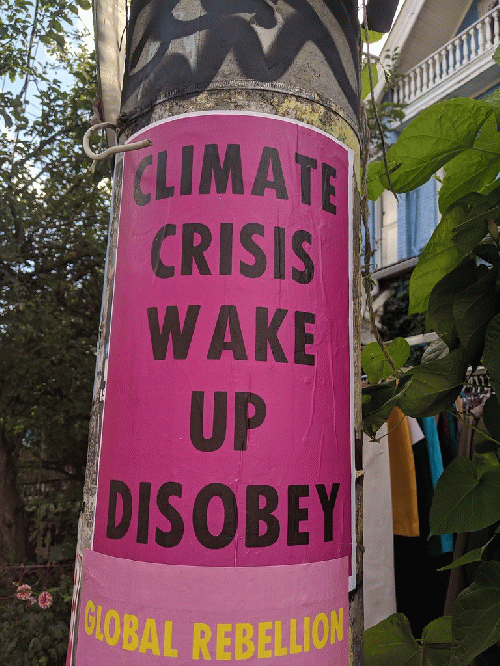From Jonathan Cook Blog
Having written posts on this blog for several years now, I have become ever more sensitive to how we, as news consumers, are subject to ideology -- the invisible, shifting sands of our belief system.
Those beliefs are not inbuilt, of course. How could they be? We are not born with pre-loaded software like a computer -- even if our mental "hardware" may shape what kind of information we are capable of processing and how we process it.
And whatever we may imagine, our belief system is not really self-generated, dictated by life-experiences. It isn't only real-world events that determine our values and views. Events and experiences are interpreted and given meaning by those beliefs and values. Which is why it is quite possible -- common, in fact -- for us to hold contradictory beliefs at the same time: like worrying about the threat posed to our children's future from climate change, while supporting political systems committed to building more roads and runways.
Psychologists have a term for this phenomenon: cognitive dissonance.
Rather, our ideological landscape is socially constructed and largely imposed on us from outside. Ideology frames experiences for us, adding a hidden layer of interpretation that encourages us to make sense of the world in useful ways. The most liberating question one can ask, therefore, is: to whom is any particular ideology useful?
Framing the worldWe inherit much of our ideology from parents and teachers. But ideology is not static. It is adaptive. Our assumptions, beliefs and values subtly change over time. And they change as the needs of the powerful change.
The most powerful among us are powerful precisely because they create the dominant ideology -- the thread of narrative that ties together what we imagine to be our personal understanding of why the world is as it is. That is why elites, whether the state or corporations, prioritize capturing the main channels of communication. They make sure to own and control the mass media.
When powerful external actors are framing the world for us -- whether it be through broadcasting, newspapers or social media -- they get to decide what matters, what should be prioritized, what is right.
That picture is particularly evident in the United States, where six corporations -- control almost everything the American public hears, sees and thinks -- and, via Hollywood, much of what the rest of us think too. Even in the UK, where a trusted public broadcaster, the BBC, dominates much media output, the situation is little different. As the British state itself has been increasingly captured by a corporate elite, the BBC is run on its behalf. Just look at who has been appointed the BBC's current chairman.
Limiting factors
The role of the corporate media is to subtly alter ideology -- the way we see and think about the world -- based on the most pressing needs of corporations as they pursue a consistent strategy of increasing profits and accumulating greater wealth.
(Note: You can view every article as one long page if you sign up as an Advocate Member, or higher).
|
Rate It | View Ratings |
Jonathan Cook is a writer and journalist based in Nazareth, Israel. He is the 2011 winner of the Martha Gellhorn Special Prize for Journalism. His latest books are "Israel and the Clash of Civilisations: Iraq, Iran and the Plan to Remake the Middle East" (Pluto Press) and "Disappearing Palestine: (more...)

OpEdNews depends upon can't survive without your help.
If you value this article and the work of OpEdNews, please either Donate or Purchase a premium membership.
If you've enjoyed this, sign up for our daily or weekly newsletter to get lots of great progressive content.
Most Popular Articles by this Author: (View All Most Popular Articles by this Author)
Military pollution is the skeleton in the West's climate closet
The battle for Syria's skies will see a move from proxy clashes to direct ones
After Sy Hersh's Bombshell Investigation, Why Won't Media Tell the Real Story of Trump's Military Strike in Syria?
American liberals unleashed the Trump monster
Blocking roads isn't crazy - It's our last hope that sanity will prevail
Mandela: a Dissenting Opinion
To View Comments or Join the Conversation:





